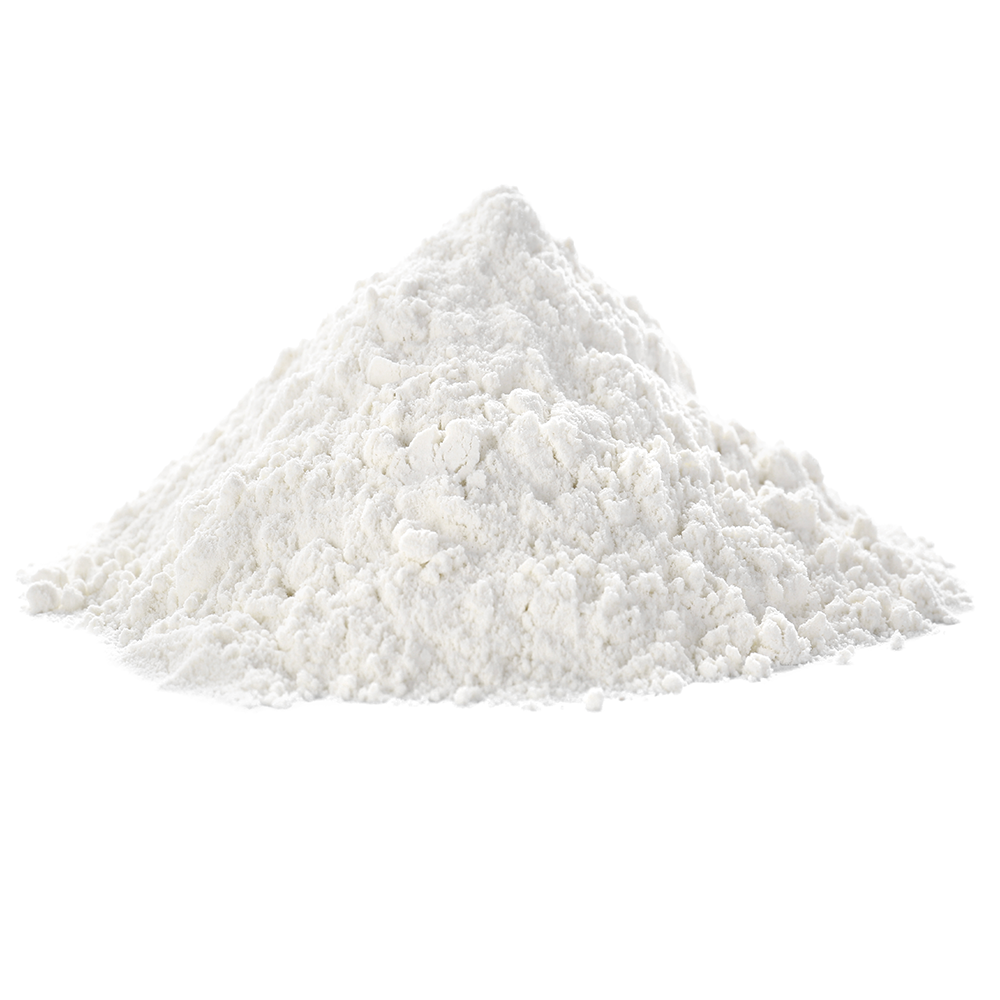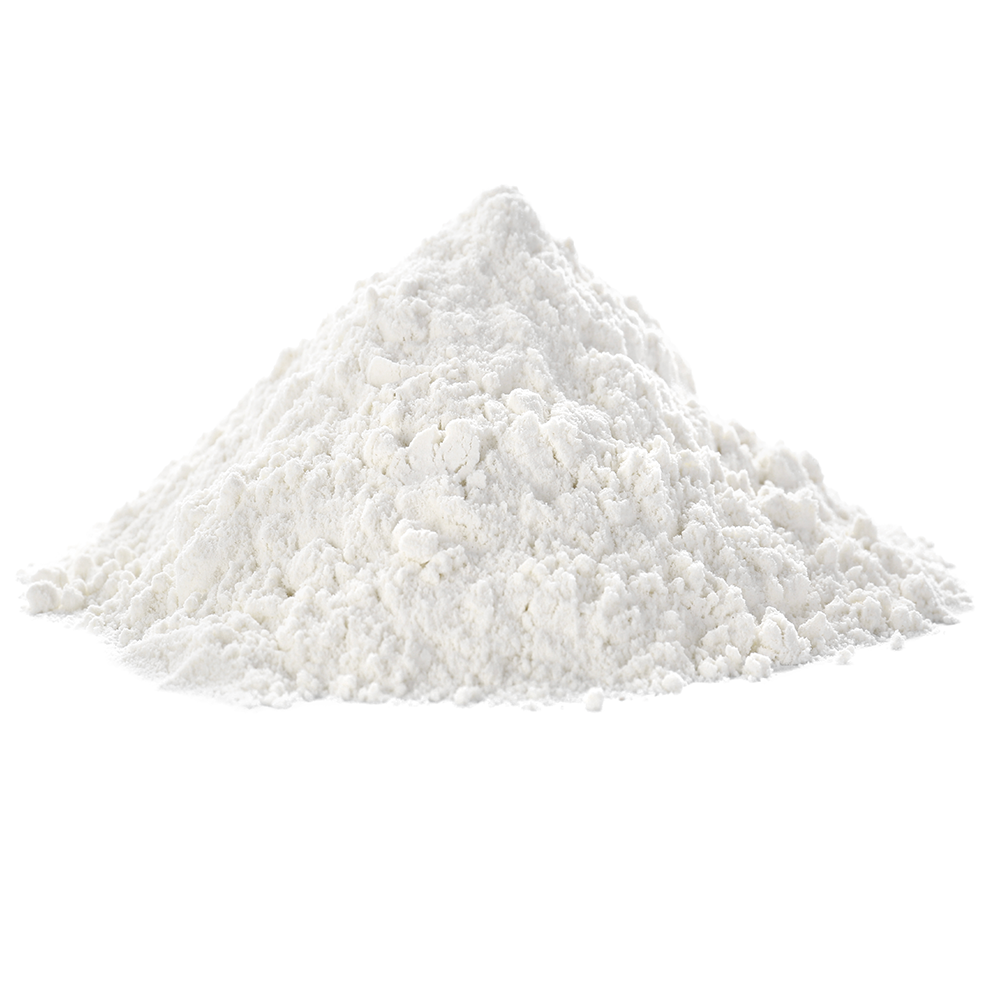The miracle of sight. Gratitude for our eyesight comes easily when enjoying a beautiful sunset, viewing the North Rim of the Grand Canyon, or seeing a joyful puppy when we return from work. But unfortunately, most of us may take our eyesight for granted until, for example, we are blindfolded in a trust game and become extraordinarily uncomfortable and hyperaware of losing one of our most significant senses.
Many factors can contribute to the loss or degeneration of our eyesight, but some of the most prevalent are:
- Macular degeneration
- Dry Eye Disease
- Cataracts
- Glaucoma
- Asthenopia
- Amblyopia
These are all diseases or conditions that most of us tend to associate with the elderly until we face one of these life-changing eye diagnoses ourselves1.
There are nutraceuticals, vitamins, and foods we can use to prevent the degeneration of our sight. First, let us look at why eye health is a particularly significant problem facing “digital natives” or Generation Z (kids and young adults born between 1997-2012, 10–25-year old’s).
Eye Health In the Digital Age
The eye strain on Generation Z is more problematic than any other generation. The numbers regarding screen time from “DataReportal” are alarming. DataReportal is an online library of reports with trends, data, and insights into various topics. The average American spends 7 hours and 4 minutes per day looking at a screen2. For Generation Z, those who have been looking at iPads, TV, video games, and cell phones since they could barely walk, screen time has taken up a large number of hours for the majority of their lives.
“Screen time” includes:
- Working on a Computer
- Staring at a Cell Phone
- Scrolling on Social Media
- Checking Emails
- Watching TV
- Playing Video Games
- Using Any Other Electronic Device With a Screen
Because we are concentrating on a screen, the rate at which we blink our eyes decreases. We usually blink on average 17 times per minute, and during active screen time, our blinking rate decreases to 12 -15 times per minute. This may not seem like a significant difference, but it becomes problematic when compounded over days, weeks, and years of one’s life. This decrease in blinking disrupts the film of tears that protects the surface of our eyes. This can lead to irritation and, in the long term, more serious ailments such as asthenopia, a strain of the ciliary muscle, making our sight blurry3.
Proactive Suggestions For Your Eye Health
Age-related macular degeneration (AMD) is a progressive eye disease that affects the central part of the retina called the macula located at the back of the eye, which in turn causes a loss of central vision. Terrifying stuff! So, what can we do to ward against these eye diseases? Some specific supplements and vitamins will help keep your eye health strong and help to fight against these debilitating conditions4.
Vitamin B
Scientists have specifically studied the impact of Vitamins B9, B6, and B12 on our eyes. This specific combination of B Vitamins has the potential to lower levels of homocysteine, which is a protein associated with an increased risk of AMD due to inflammation. In addition, multiple studies have discovered that B Vitamins, especially a lack of Vitamin B3 (Niacin), create a build-up of fluid within the eyes, putting pressure on the optic nerve. This can eventually cause damage and loss of vision5.
Niacin
The function of Vitamin B3, or Niacin, is to assist in converting food into energy. Recent studies of Niacin and its antioxidant properties have shown to play a role in warding off Glaucoma. Glaucoma is an eye condition in which your optic nerve becomes damaged. However, more studies are needed concerning Niacin and the prevention of Glaucoma. Nevertheless, the suggested dietary intake of Niacin, and Vitamins B3, C, and E are also recommended vitamins to support eye health6.
Carotenoids: Lutein & Zeaxanthin
Lutein and Zeaxanthin are carotenoids and powerful antioxidants that give pigment to fruits, plants, and vegetables. These carotenoids are also found in the macula and retina of our eyes. They are extremely helpful because they can filter out harmful blue light from electronic screens, protecting our eyes from potential damage. A diet rich in antioxidants from fruits and vegetables will provide your body with these compounds, or you can also obtain lutein and Zeaxanthin by adding a supplement to your daily regimen that will protect your eyes from further damage7.
Rare Gems
Our eyes are a vital part of how we view and respond to the world. Taking care of them through diet, vitamins, and nutraceuticals is only the tip of the iceberg. Wearing sunglasses to protect your eyes from UV rays and scheduling a yearly check-up with an ophthalmologist are also recommended. Close your eyes for two minutes and try to do your regular daily routine. You will quickly discover how crucial your eyes are to living as well as enjoying your time here on Earth.
References:
- Eye Conditions and Diseases, https://www.nei.nih.gov/learn-about-eye-health/eye-conditions-and-diseases.
- Eye Health, https://datareportal.com/.
- Digital Natives: An Entire Generation At Risk For Digital Eye Strain, https://coopervision.com/practitioner/ecp-viewpoints/lane/digital-natives-entire-generation-risk-digital-eye-strain.
- About Macular Degeneration, https://www.macular.org/about-macular-degeneration.
- Age-Related Eye Disease Studies(AREDS/AREDS2), https://www.nei.nih.gov/research/clinical-trials/age-related-eye-disease-studies-aredsareds2.
- What Are The Best Vitamins For Eye Health? https://www.medicalnewstoday.com/articles/326758#b-vitamins.
- 8 Nutrients That Will Optimize Your Eye Health, https://www.healthline.com/nutrition/8-nutrients-for-eyes.









